Ever wish you could freeze a boat load of fresh seafood so you can enjoy it later in the season? Well, let’s dive into what holds up well in the freezer and what doesn't so you can get right back to enjoying fresh seafood offseason, and not waste a dime on freezing the wrong shellfish!
Be sure to check my top tips for freezing seafood properly!

If you've ever wondered…”Can you freeze seafood boil?” or "can I freeze fish with guts?" or any other form of seafood but you can’t find a conclusive answer? Well, this is the hub of all seafood you can freeze so you can feel confident!
Though most seafood can be frozen, they end up losing water in the thawing process that makes them not so desirable. But, we all know fresh seafood is best by now.
So let's dive into the details on what I've been able to freeze over the years, so you can decide for yourself.
Table of Contents
FISH
You can freeze any fish successfully. Though be gentle with the thinner, more flaky fillets. Here are others you can also freeze:
- Whole fish
- Seasoned Fish fillets
- Fresh fish on a good sale 🙂
- Cooked fish. Double up a good fish recipe and freeze the leftovers to enjoy another day.
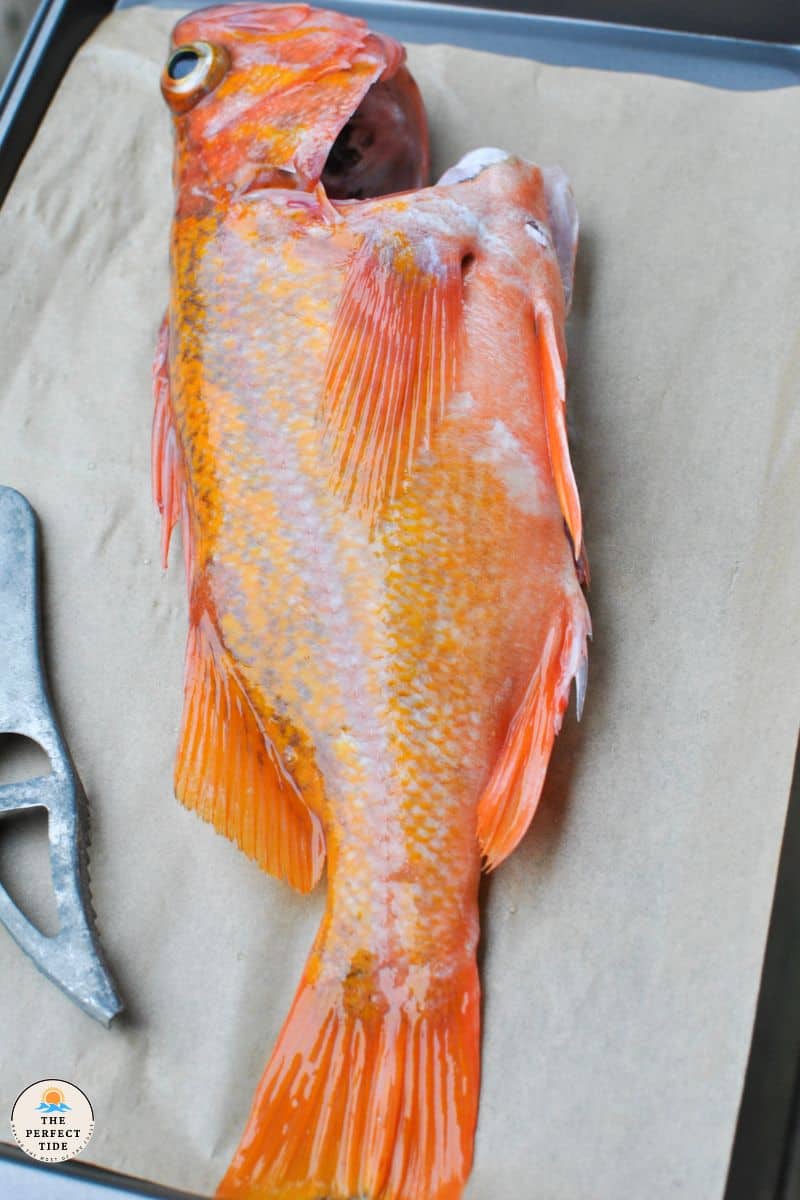
Can you freeze whole fish with guts?
Yes, you can freeze a whole fish with guts. Though it's always best to clean fish prior to freezing, it can still be done if you're short on time in the moment.
Be sure to properly thaw in the fridge overnight or longer, depending on the size of your fish. Once thawed, remove the guts and prep for your fish recipe! My favorite to make is this Mediterranean fish with artichokes and olives. I love keeping the fish whole and making this whole fish recipe with fresh herbs!

Can you freeze cooked seafood boil?
Yes, you can freeze cooked seafood boil. I like freezing extra seafood boil or Dungeness crab boil after I make it to have them ready for next time. Here's a general guideline I like to follow when I'm freezing cooked seafood boil:
- Allow the seafood boil to cool.
- Separate the seafood from the liquid: If your seafood boil includes a liquid such as broth or sauce, you may want to separate the seafood from the liquid before freezing. This can help maintain the quality and texture of the seafood.
- Package the seafood: Place the cooked seafood in airtight containers or freezer bags. Make sure that the packaging is sealed tightly to prevent air from entering and completely prevent freezer burn. I like to divide the seafood into smaller portions to make it easier to thaw only what you need later.
- Label and date your food! Seafood can typically be stored in the freezer for up to three months without a huge loss of quality, but it's best to consume it within a month for optimal taste and texture.
- Freeze: If possible, lay the packages flat to maximize freezer space and facilitate even freezing.
When you're ready to enjoy the frozen seafood boil, you can thaw it in the refrigerator overnight or using the defrost setting on your microwave. It's important to note that the texture of some seafood, like shrimp, may change slightly after freezing and thawing, but overall, freezing can be a great way to preserve cooked seafood boil for later consumption.
Can you freeze cooked seafood?
Yes, you can freeze cooked seafood. Allow the seafood to cool completely before packaging it in airtight containers or freezer bags. Label and date the packaging. Frozen cooked seafood can be stored for up to three months, but it's best to consume it within a month for optimal taste and texture. Thaw the seafood in the refrigerator overnight before reheating or consuming.
I love freezing cooked salmon to flake over this creamy salmon pasta dish or this salmon pasta without cream recipe.

Cooked Crab
Whether you have a cooked whole crab or fresh crab meat, rest assured that both can be frozen successfully. I have tested this for years now and find that if the crab is stored in a vacuum sealed bag, then it lasts longer than the projected 4 months. In the vacuum sealed bag, it can go another 4 just fine.
When I thaw cooked crab, I whip it up in this crab omelette or in this hot crab dip that's finger lickin' good!
Raw Crab
Crab can be frozen cooked or raw, though when you freeze it raw, it will lose moisture making it a tad bit more dry (just something to be aware of).
As long as the crab is processed and cleaned, the sections are fine to freeze until you’re ready to use them. Raw crab can last up to 3-4 months if frozen properly in an air sealed bag. When you’re ready to enjoy it, simply thaw and cook the crab to enjoy on its own or make an easy crab boil. And here’s how to crack it and clean crab once it’s cooked.
Can you freeze clams?
You can certainly freeze cooked clams. aw clams in their shells shouldn't be frozen until they've been processed. With all clams it's best to clean, shuck, then freeze. If you're working with razor clams, this is a great guide to cleaning razor clams prior to freezing. Here's more detail on the two.
Cooked Manila Clams
Once the shell is removed, cooked clam can be frozen. To freeze, it’s just as easy as placing them in an air tight bag and freezing them to add to fettuccini in the future.
Can You Freeze Raw Clams?
Though it is possible to freeze clams raw, but it's generally not recommended, unless you're working with my beloved razor clams that do great in the freezer. Freezing raw clams can affect their texture and taste, and there is a risk that they may become tough and lose their natural flavor. Clams are best enjoyed when they are fresh.
If you have raw clams that you want to preserve, you can cook them before freezing. Cooking the clams will help kill any potential bacteria and ensure that they are safe to eat after thawing.
Here's a guide to freezing raw clams:
- Clean the clams: Start by cleaning the clams thoroughly to remove any dirt, sand, or debris. Scrub the shells with a brush under cold running water. Discard any clams with broken shells or that don't close when tapped.
- Prepare the clams for freezing: Place the cleaned clams in airtight containers or freezer bags. It's best to freeze them in their shells to help protect their natural moisture and flavor. If desired, you can lightly blanch the clams in boiling water for a few seconds to help loosen the shells before freezing.
- Package and seal: Make sure the packaging is airtight to prevent air from entering and freezer burn from occurring. You can separate the clams into smaller portions to make it easier to thaw only what you need later. For clams, I like to freeze in quart-sized freezer bags.
- Label and date. I like to date all my frozen food to know when they need to come out.
- Freeze: Raw clams can be stored in the freezer for up to three months, but they're best consumed within a month for better quality.
When you're ready to use the frozen raw clams, thaw them in the refrigerator overnight and cook them thoroughly before consuming to ensure they are safe to eat. I like to make this clam dip with my frozen clams!
TIPS TO KEEP IN MIND WHEN FREEZING SEAFOOD
- Watch for freezer burns.
- Place all seafood in the back of the freezer to keep an even temperature at all times.
- Use a vacuum sealer to prolong their freezer life.
- Some seafood isn’t as fresh as others. Check the quality before freezing.

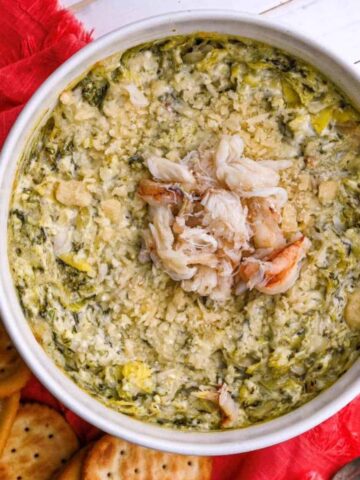
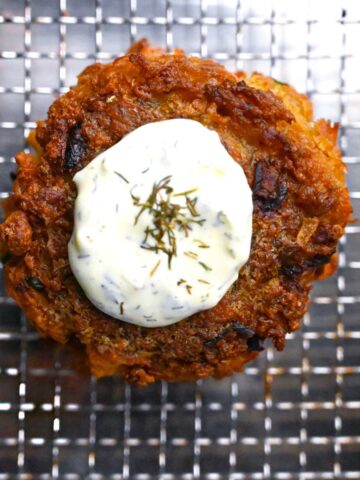
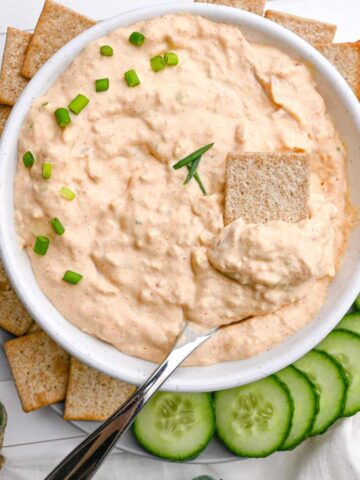
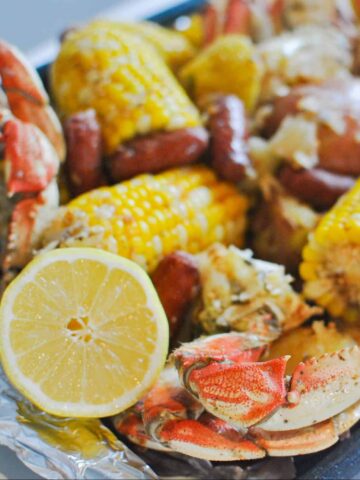
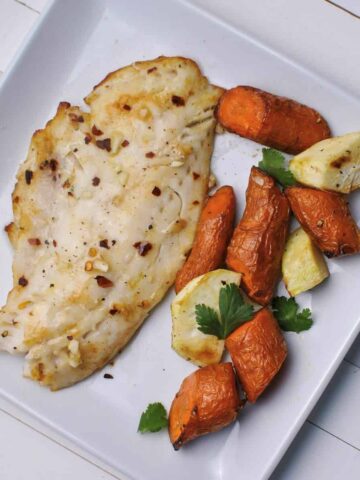
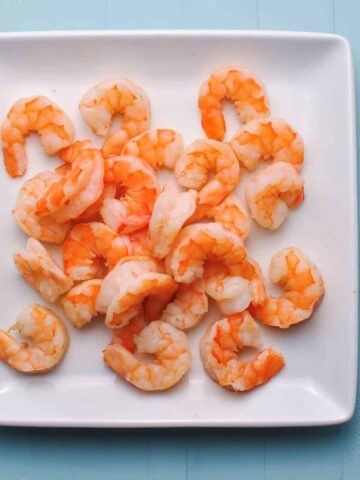
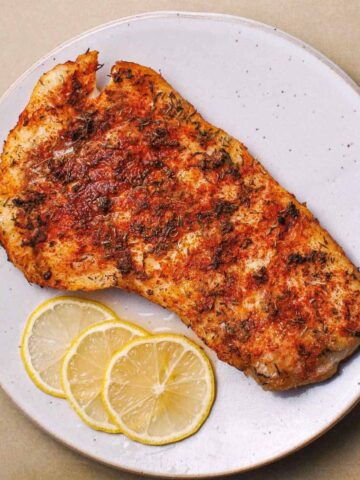
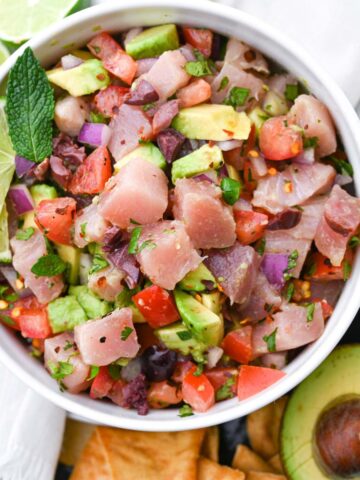
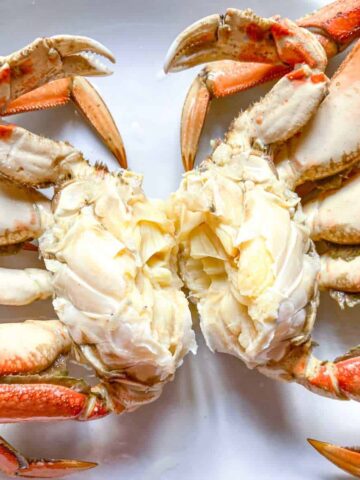
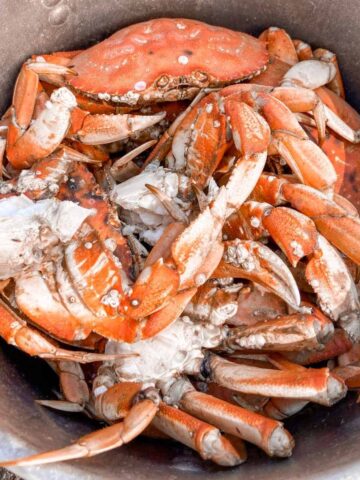
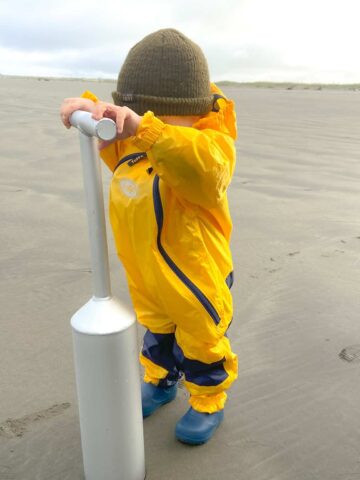

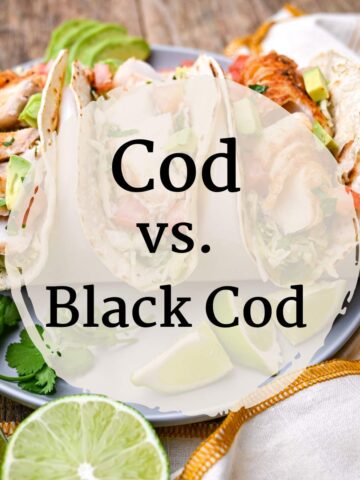
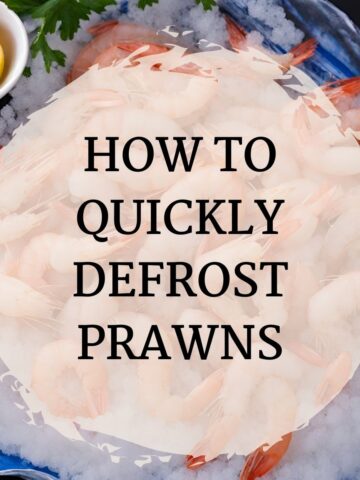
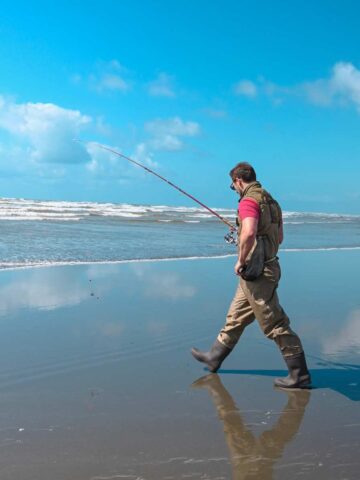
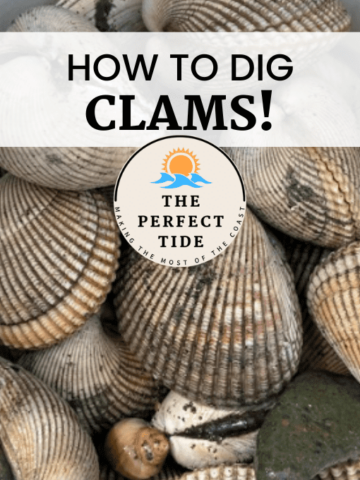
Leave a Reply